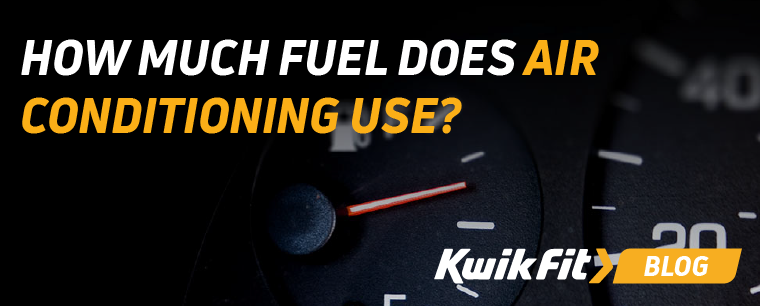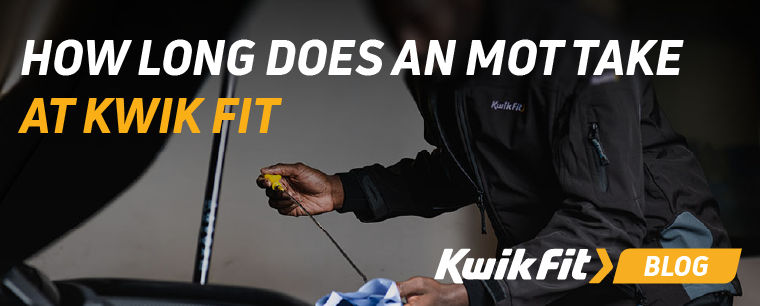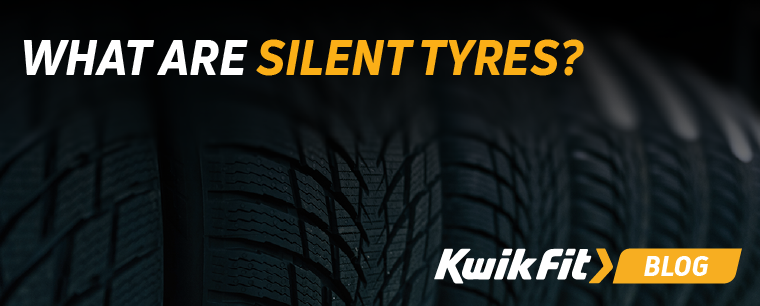The Essential Kit You Need To Keep In Your Car This Winter
Kwik Fit | Thursday 6th February 2025 2:00pm
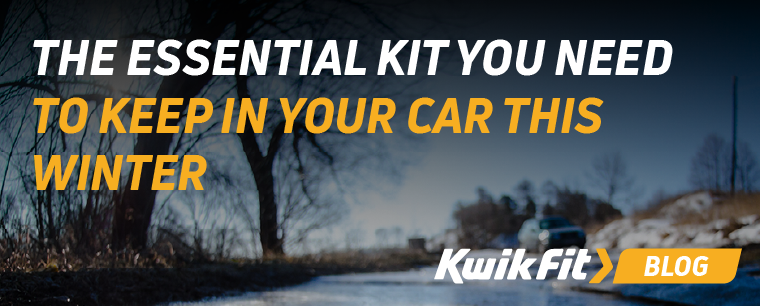
Winter can be a real challenge for drivers, with traffic coming to a halt at the first sign of snow and the freezing cold weather taking its toll on your car. Should the worst happen, and your car breaks down or you become stranded on the roads this winter, carrying the right gear could get you out of a jam or - at the very least make the whole experience a lot less stressful.
To help you prepare for wintery journeys, here is our list of essential items to keep in your car this winter.
Mobile phone
A fully charged mobile phone is essential, so that you can call for help or let loved ones know that you are alright. If you have breakdown cover, make sure you keep the number in your phone, should you need roadside assistance. Equally important, make sure you have an in-car phone charger to top up your battery.
Itís important to consider that your signal will not be as strong in some areas, especially in the countryside, which is where you may find the most problems with driving. If youíre using your phone for directions, and itís possible, download your journey or a map of the area so that, regardless of signal, you can still work out where you are. A lot of modern cars are fitted with satnavs which should work wherever you are, as they rely on GPS and not internet connection.
Clothing and blankets
If you become stranded in your car it can get cold very quickly (especially if it is not safe to stay in the vehicle). Make sure you pack some blankets in the boot and plenty of warm clothes, including a hat and gloves. We also recommend keeping a pair of wellies in the boot in case you need to venture into muddy laybys or stand in snowy weather.
Note that if you can stay in your car, you may think to keep your engine on so you can use the heating to keep you warm. Whilst tempting, if you are stranded for hours, this could drain your carís battery. Thatís why blankets and thick clothing are so important.
Hi-vis clothing
Regardless of a bright white snowy background, you need to have as much visibility as possible should you break down. Once you have exited your vehicle, you need to be as visible as possible to other drivers on the road. Having high-vis clothing will mean that you're spotted quicker should you be stranded in a dangerous spot, especially if itís dark out.
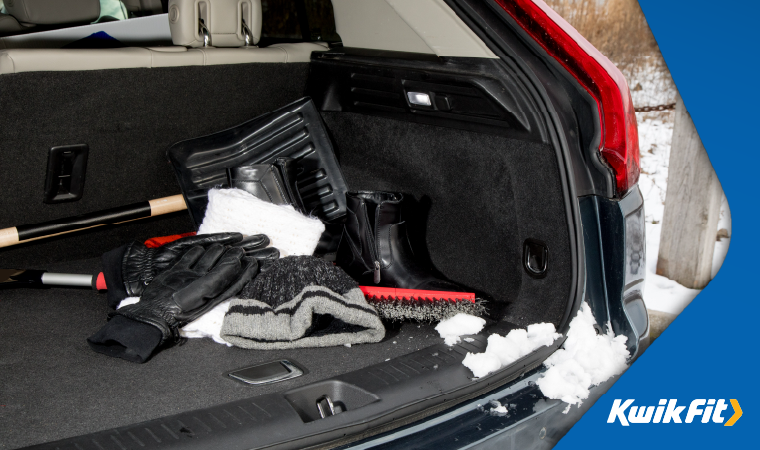
Spade
Keep a shovel in the boot. This will prove invaluable if you get stuck in snow and need to dig yourself out of trouble. While you may think that itís not very likely that youíll come across a snowy road in the UK, some smaller roads can be surprising should there be a snowstorm - particularly in certain areas of the country. Even if you donít need help, it can be a kind gesture to help another driver if you spot them struggling.
Food and water
Thereís no telling how much time adverse weather will add to your journey, and in extreme cases you could be stuck overnight. In the event of a long delay you are going to get hungry and dehydrated, so always keep a supply of fresh water and some food in the car to keep you going. Hot drinks in a flask are also a great addition to any journey, but especially when driving in cold weather.
Remember that itís not advisable to eat or drink whilst driving, as it can be distracting.
Car jack and jump leads
Although having a car jack and jump leads is an essential all year round, they are particularly important in winter - a time when you least want to get stuck with a flat tyre or battery. Your battery is particularly sensitive to the cold weather, so a set of jump leads and a jump start from a friendly passer-by could help you to get home safely.
Ice scraper and de-icer
These are the most effective items to clear ice from your windscreen. Donít be tempted to pour hot water on your windscreen; while it may seem like the quickest way to clear the ice, the thermal shock caused by the rapid change in temperature can result in cracks.
It is both essential for your safety and a legal requirement that you keep your front and rear windscreen clear of snow and ice before driving.
Fuel
This one is a little more tenuous, but it is important to keep sufficient fuel in your vehicle (in the fuel tank that is) to ensure that you can get to your destination, or at least to the nearest petrol station when wintery weather slows traffic to a crawl.
Some experts recommend keeping at least half a tank of fuel in the car during winter, and to fill up every time you reach the half full marker, as if the tank was empty. It is also suggested that keeping fuel in the tank prevents dirt from entering the fuel line.
Essential care for your car at Kwik Fit
Having essentials in your car during the winter, or for any emergencies during the rest of the year, is great practice. It puts you, your passengers and fellow drivers in a safer position should you be negatively impacted during your journey.
If you have any concerns about your vehicle this winter, find your closest Kwik Fit location, where our team of experts will be able to get your car ready no matter the weather. We offer complimentary checks on your tyres and can also check your brakes too, giving you the confidence you need before you set off on your journey.
Any facts, figures and prices shown in our blog articles are correct at time of publication.
Featured Articles
How Much Fuel Does Air Conditioning Use?
Thursday 29th May 2025
Your carís air con uses a surprising amount of fuel to keep you cool, especially if itís low on refrigerant & working overtime. Find out the exact figures here.
How Long Does An MOT Take At Kwik Fit?
Friday 23rd May 2025
The yearly MOT test is dreaded by many drivers, but how long does the actual MOT test take, and what goes into it? Hereís what affects the length of your test.
What Are Silent Tyres?
Saturday 3rd May 2025
Looking for a more luxurious, peaceful drive? Silent tyres could be the answer with their clever technology. Discover how these tyres work in our latest blog.


